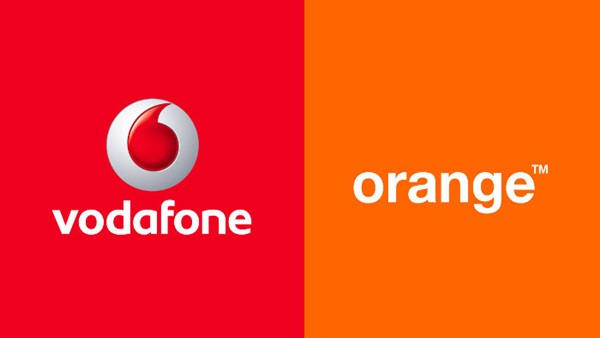Over the past few years, telecommunications have emerged as one of the largest industries in the Egyptian economy. The “Digital in 2017” study stated, “when it comes to Mobile penetration Egypt comes at rank 24 internationally with a 103% penetration.” Another study by Statista (see below) estimates the projected number of smart phone users in 2018 and 2019 based on historical data from the previous five years.

What we conclude from the previously mentioned studies is that the rise in telecommunication studies will have a direct impact on the commercial buildings industry. With the emergence of a fourth mobile operator, WE, the competition has reached fierce levels, and for each company to stay at the top, they must all be equipped with the infrastructure required for the level of competition. Infrastructure for telecommunications means opening regional headquarters all over Egypt to efficiently manage the operations of all governorates and cities. Also, telecom companies differentiate themselves by stating they have superior customer service, hence as the number of users increases, customer service offices will increase. Finally, retail stores selling prepaid cards, postpaid contracts, and mobile phones are also on the rise to maximize revenues, and this includes phone manufacturers as well.
All these implications lead to one conclusion, each telecom company will own hundreds of operating buildings all over the country. This means the total monthly electricity bills for these companies will be massive. With the competition very close, telecom companies are trying to save expenses as much as possible. This dilemma is leading their management to invest heavily in electricity cost saving projects wherever it is possible.
Since HVAC consumes almost 70% of commercial buildings energy consumption, it has become a priority for energy savings by telecom companies. They are realizing that VRF is the perfect match for their HVAC problems. Most telecom offices are midsize offices that fall under the VRF cooling capacity territory, and they are starting to realize the importance of energy efficiency.
In 2017, Vodafone’s office in Smart Village hired many employees without expanding the office space. The cooling capacity required for the office had increased after the arrival of the new employees. The existing HVAC system was Water Chiller but it did not meet the new capacity. Vodafone was looking for a system flexible enough to install along with the existing system and to be energy efficient. VRF was the perfect solution, its piping length and small size allow it to be installed along with most existing systems. In addition, it is the most efficient system for this case since the required capacity was 42 tonnes. Vodafone’s HVAC contractor, EGYPRO, recommended 365 Ecology to supply and install LG’s Multi V system for the project.
Another addition to the VRF trend is Orange. In 2017, Orange started discussing possible HVAC solutions for their new Upper Egypt regional headquarters building in Asyut. Besides considering the DX-split system, Orange considered for the first time using VRF. After one year of studies and consultation with Dr. Momen Afifi, Orange decided to use VRF for two reasons. They found VRF to be the cheaper option (payback period of 3 years) because of its low operating costs. Also, the building exterior does not allow outdoor units, so VRF’s installation flexibility provided the solution to this problem by having the outdoor unit placed in a room connected to the exterior of the building. Since Orange was determined to execute the project as fast as possible they decided to hire 365 Ecology to be the VRF contractor. 365 Ecology provided the fastest delivery time having available stock to cover the whole project, as well as the required experience for installation. All system parts were delivered to the site one week from signing the contract, and the installations were completed in one month.
A new branch of the Raya Contact Centre is to be opened in 2018 in Palm Strip mall. The contact center is an outsourcing hub for foreign companies providing customer services and sales management. Raya decided to use VRF for the new branch, but unfortunately, they needed to finalize the project in a maximum of one month. Since all the parts required for the VRF system are imported, Raya found difficulty finding stock ready for delivery to meet the desired capacity. 365 Ecology contacted Raya and explained how we have in stock all the required parts. Raya was impressed and the contract was signed. Two days later, all the system parts were delivered to Raya’s site. The PO made for this project was the fastest in Raya’s history. Less than a month later the VRF system was installed and ready for operation.
It is obvious, VRF is the future of telecom companies, whether it’s a call center, retail store, or an administrative office. At 365 Ecology, we are fully aware of the direction this market is heading to, and we are taking the initiative to be ahead of our competition.

